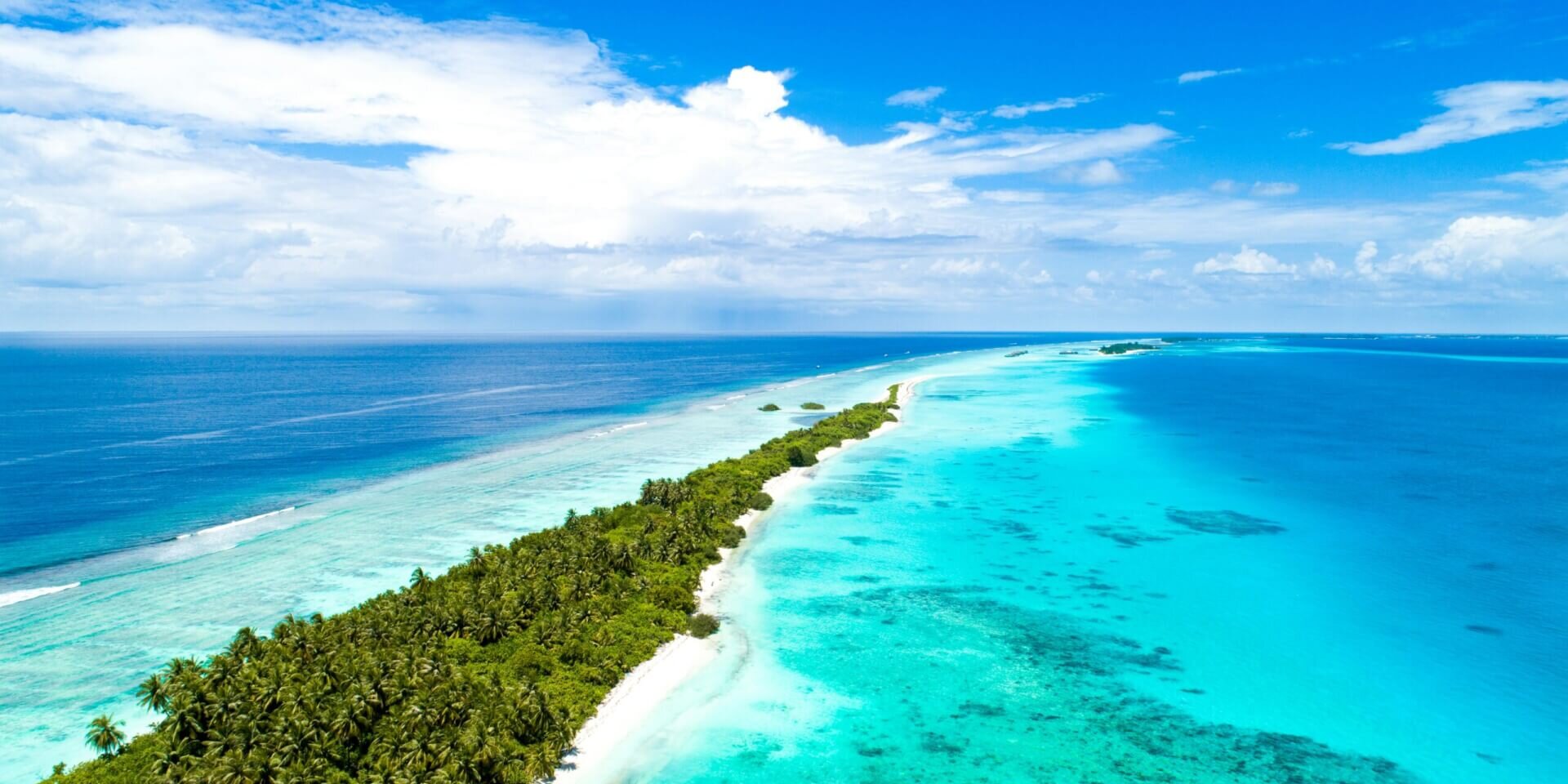
This ISC side-event at the 4th International Conference on Small Island Developing States (SIDS4), with organizing partners the Research Office of the University of the South Pacific, the United Nations Office for Disaster Risk Reduction, the University of the West Indies Five Islands Campus, and the Stockholm Environment Institute, and with support from the Caribbean Academy of Sciences and the Establishment Committee for the Pacific Islands Academy, will explore how regional scientific cooperation empowers SIDS, fostering inclusivity and resilience in the face of pressing challenges.
Science remains largely driven by the Global North. As technological advances continue to accelerate, the need to mobilize science more effectively and build scientific capabilities through cooperation and partnerships are key. Regional cooperation and networks therefore play a crucial role if we are to address the unique challenges faced by Small Islands Developing States and enhance the voice of science on the international stage. Using the example of regional networks of science, this panel session will explore the interdisciplinary nature of their work and highlight their capacity to provide evidence-informed advice to decision-makers. With a focus on inclusivity, the discussion will underscore the importance of involving scholars from the Global South in knowledge production to provide a holistic view of the current challenges and to generate actionable, appropriate solutions while addressing the inequalities in access to better support science and its benefits.
In this session, we will discuss strategies for SIDS scientific organizations to develop interfaces with the regional and international science and policy communities and discuss the tangible and context specific challenges that need to be overcome, such as maintaining autonomy amidst challenges like political interference and funding constraints. We’ll also explore ways to engage with young scientists and international networks, fostering scientific growth and investing in human capital in SIDS. As part of this event, perspectives from both the academic sector, as well as the policy sector, will emphasize the significance of accessing multidisciplinary and independent scientific advice from local experts in SIDS.
| 16:00 – 16:05 | Salote Nasalo, moderator Pacific Academy Establishment Committee; University of the South Pacific, Fiji Introduction to the side-event |
| 16:05 – 16:15 | Mark Wuddivira, first keynote address ISC SIDS Liaison Committee, Caribbean Academy of Sciences, University of the West Indies St. Augustine How can regional scientific cooperation help address the unique challenges faced by SIDS? What are examples of initiatives that have successfully mobilised science across the region to tackle priority challenges? |
| 16:15 – 16:25 | Peseta Su’a Desmond Mene Lee Hang, second keynote address Pacific Academy Establishment Committee; National University of Samoa Building on the first keynote address, what is the value-add of the future Pacific academy of sciences? |
| 16:25 – 17:15 | Panel discussion: – Salote Nasalo (Pacific Academy Establishment Committee; University of the South Pacific), moderator – Mark Wuddivira (ISC SIDS Liaison Committee, Caribbean Academy of Sciences, University of the West Indies St. Augustine), panellist – Peseta Su’a Desmond Mene Lee Hang (Pacific Academy Establishment Committee; National University of Samoa), panellist – Marco Toscano-Rivalta (United Nations Office for Disaster Risk Reduction, Regional Office for Asia and the Pacific), panellist – Michelle Mycoo (ISC SIDS Liaison Committee, University of the West Indies St. Augustine), panellist – Vomaranda Joy Botleng (Pacific Academy Establishment Committee; Janessa’s Research and Consultancy Services), panellist – Karina Barquet (Stockholm Environment Institute), panellist The discussion will focus on the question of enhancing scientific capabilities in SIDS and leveraging regional networks/institutions to cater to their unique requirements. This aims to empower SIDS to make significant contributions to global scientific endeavours. Secondly, panellists will delve into utilizing science to tackle sustainable development challenges specific to SIDS countries. This involves mobilizing scientific resources and expertise to address pressing issues and promote sustainable development in SIDS regions. |
| 17:15 – 17:25 | Q&A session with the panellists |
| 17:25 – 17:30 | Salote Nasalo, moderator Pacific Academy Establishment Committee; University of the South Pacific, Fiji Summary of outcomes and wrap up |
From Shores to Horizons: Empowering Science for the future of Large Ocean States
This declaration by the ISC SIDS Liaison Committee calls for increased international support and collaboration to enhance the visibility, capacity, and integration of science in SIDS, driving sustainable development and resilience in the face of unique challenges.
International Science Council, 2024. From Shores to Horizons: Empowering Science for the future of Large Ocean States. Paris, International Science Council.
Image by Jailam Rashad on Unsplash.